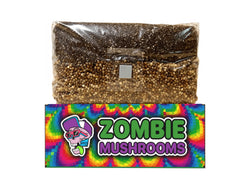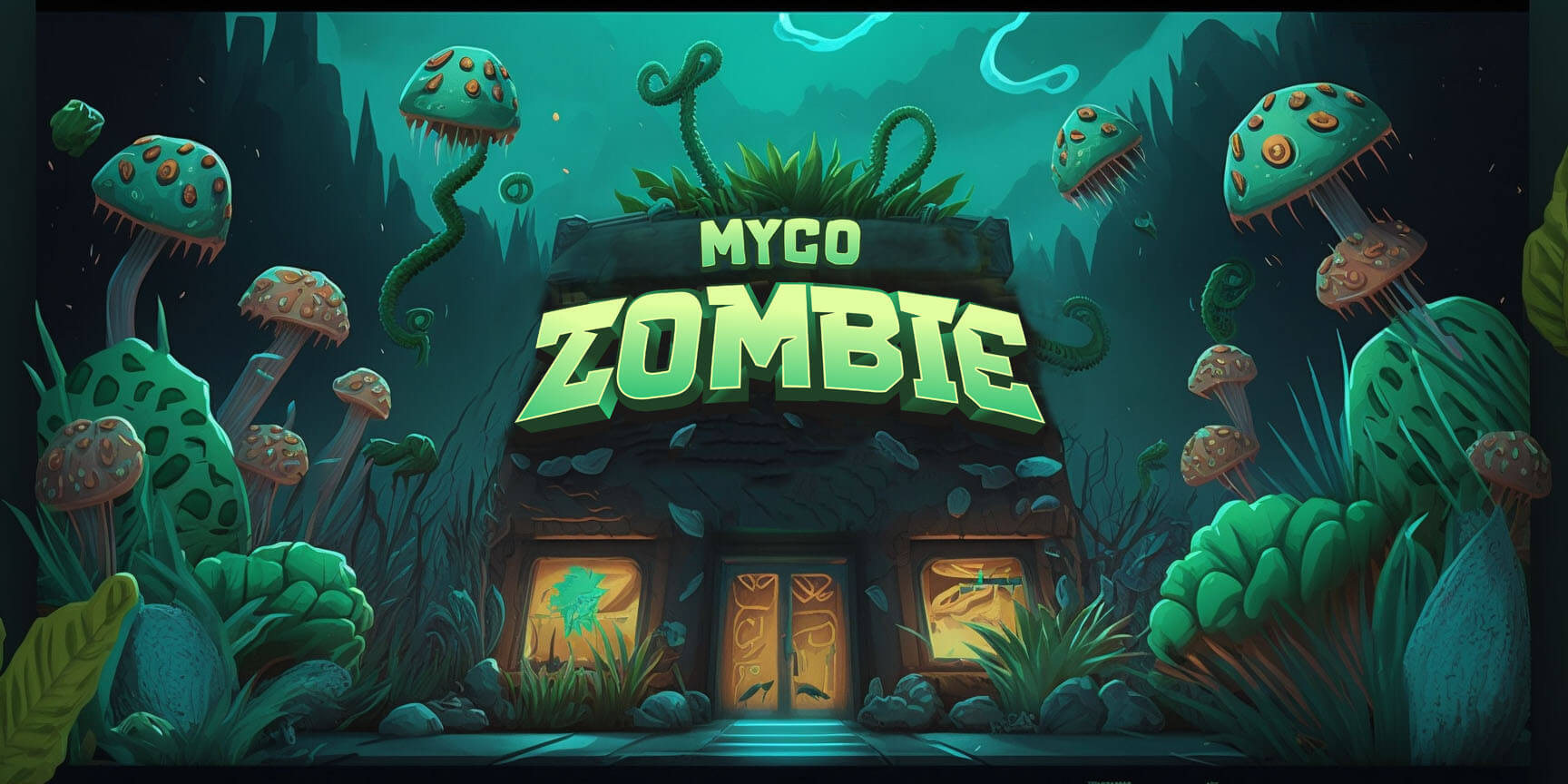- 🧠 Peyote rituals have been linked to reduced anxiety, depression relief, and improved emotional resilience in recent studies.
- 💊 A study in the Journal of Drug Issues found that peyote use fosters personal transformation through introspection and brain rewiring.
- ⚠️ Experts emphasize the importance of legal and ethical considerations, particularly regarding Indigenous cultural traditions.
- 🌿 Peyote’s psychoactive component, mescaline, promotes altered consciousness, deeper self-awareness, and potential long-term mental health benefits.
- 🔬 Research suggests peyote may help individuals overcome substance dependency and achieve a lasting positive psychological shift.

What Is Peyote?
Peyote (Lophophora williamsii) is a small, spineless cactus native to the arid regions of northern Mexico and the southwestern United States. For centuries, Indigenous tribes such as the Huichol, Tarahumara, and members of the Native American Church have used peyote for spiritual and medicinal purposes. Its psychoactive properties come primarily from mescaline, a potent hallucinogen that induces vivid visual and emotional experiences.
Mescaline affects the brain's serotonin receptors, influencing mood, perception, and cognitive processing. When consumed in a ceremonial context, peyote is often credited with facilitating introspection, emotional healing, and spiritual connection. These effects can last between 8 to 12 hours, during which users may experience altered perceptions, heightened awareness, and deep personal insights.

Peyote’s Traditional and Modern Use in Rituals
Indigenous Use of Peyote
Indigenous cultures have revered peyote for generations, using it as a conduit for spiritual enlightenment, healing, and community bonding. The Native American Church (NAC), one of the most prominent religious organizations practicing peyote rituals, incorporates peyote into sacred ceremonies for guidance, forgiveness, and emotional purification.
During these rituals, participants consume peyote in ceremonial settings under the guidance of an experienced leader, or "roadman." The ceremony often includes prayers, chanting, drumming, and communal storytelling. It is believed that peyote grants access to divine wisdom, enabling individuals to confront personal or communal challenges with greater clarity.
Peyote’s Modern Revival
In recent decades, interest in peyote’s potential transformative effects has spread beyond Indigenous communities. Individuals seeking psychological healing, self-discovery, and emotional growth have turned to peyote retreats and guided ceremonies. However, this increased demand raises ethical concerns about cultural appropriation and the sustainability of peyote harvests, as over-harvesting threatens wild populations.

Mental Health and Emotional Benefits of Peyote
Scientific research and anecdotal accounts suggest that peyote can have profound mental health benefits, including:
- Reduction in Depression and Anxiety: A 2024 study by Copes et al. found that participants in peyote rituals reported a decrease in depressive symptoms, reduced anxiety, and an overall improvement in emotional stability.
- Increased Emotional Resilience: Users frequently describe feeling stronger and more equipped to handle life’s challenges after a peyote ceremony. The altered state of consciousness allows individuals to process unresolved trauma, fostering emotional balance.
- Improved Perspective and Mental Clarity: Peyote provides a unique cognitive shift that enables people to reflect on their behaviors, relationships, and life path in a meaningful way. Some report breakthroughs that lead to long-term positive change.
These improvements cannot be solely attributed to peyote itself; the ceremonial context, guided introspection, and community support also contribute to the overall healing process.

How Peyote Facilitates Personal Transformation
Personal transformation is one of the most remarkable experiences associated with peyote rituals. The process can be broken down into three primary mechanisms:
1. Deep Self-Reflection
Peyote induces introspective thought, often leading users to confront past experiences, emotional wounds, and unresolved personal conflicts. During a ceremony, participants report gaining insights into their negative behaviors, limiting beliefs, or unhealthy relationships, fostering a profound desire for change.
2. Rewiring Thought Patterns
Psychedelic compounds like mescaline have been found to promote neuroplasticity—the brain’s ability to rewire itself. This may explain why some individuals experience a "reset" in their thought processes. Many people who struggled with addiction, depressive cycles, or chronic stress reported breaking free from destructive mental loops after participating in peyote ceremonies.
3. Spiritual and Existential Connection
A significant number of peyote users describe a heightened sense of spiritual connection. Whether interpreted as a divine experience or a profound realization about their place in the world, peyote often provides a renewed sense of purpose. This newfound spiritual awareness can be deeply transformative, influencing mental well-being long after the experience.

Scientific Research on Peyote’s Effects
The study by Copes et al. (2024) adopted a photo-ethnographic approach, blending interviews, observations, and photographic narratives to document peyote users’ experiences. The findings revealed compelling patterns:
- Participants reported increased self-awareness and emotional stability.
- Many individuals significantly reduced or ceased substance misuse after peyote experiences.
- Some participants maintained long-term improvements in their perspectives on life and interpersonal relationships.
Neuroscientific research has also linked mescaline, peyote’s active compound, to positive changes in brain function. Mescaline binds to serotonin receptors, which play a critical role in mood regulation and emotional processing. By enhancing connectivity between different brain regions, peyote may help users overcome negative mental patterns.

Peyote vs. Other Psychedelics for Mental Health
While peyote shares similarities with other psychedelics like psilocybin (magic mushrooms), LSD, and ayahuasca, it differs in key ways:
| Factor | Peyote | Psilocybin | LSD | Ayahuasca |
|---|---|---|---|---|
| Duration | 8–12 hours | 4–6 hours | 8–12 hours | 4–8 hours |
| Primary Use | Spiritual healing | Emotional healing | Cognitive exploration | Deep emotional release |
| Legal Status | Restricted; legal in NAC ceremonies | Decriminalized in some areas | Illegal in most countries | Varies; legal in religious contexts |
| Common Experience | Sacred ritual; introspection | Mystical and visual experiences | Analytical thought changes | Purging, deep emotional processing |
Many report that peyote’s effects are gentler and more reflective than LSD but more sustained than psilocybin. Ayahuasca, commonly used in South America, is often compared to peyote due to its spiritual components, though ayahuasca has a strong purging effect and different biochemical mechanisms.

The "Afterglow" Effect of Peyote
A striking feature of peyote is the “afterglow” effect—an extended feeling of clarity, peace, and emotional relief. Participants describe benefits lasting for weeks or even months. Commonly reported aftereffects include:
- A reduction in daily stress and anxiety.
- Greater ability to approach personal challenges with patience and understanding.
- Enhanced motivation to make healthier life choices and improve relationships.
This sustained mental shift suggests that peyote may have long-term therapeutic potential, particularly for individuals struggling with depression, addiction, and emotional distress.

Legal and Ethical Considerations
Peyote’s legal status is complex and varies by jurisdiction:
- In the U.S., peyote is classified as a Schedule I substance but is legal for religious use by members of the Native American Church.
- In Mexico, peyote is protected due to its cultural significance, but conservation efforts restrict its use to Indigenous communities.
- Globally, peyote is illegal in many countries, and its future availability depends on sustainability and ethical harvesting practices.
Beyond legal considerations, ethical concerns arise regarding non-Indigenous use of peyote. Given that many Indigenous groups consider peyote sacred, non-traditional usage can be seen as cultural appropriation. Furthermore, overharvesting threatens peyote’s natural populations, raising the need for ethical sourcing and conservation efforts.

Potential Risks and Safety Considerations
Although peyote offers significant mental health benefits, it is not without risks:
- Physical Side Effects: Nausea, vomiting, and dizziness are common, particularly in the early stages of the experience.
- Psychological Risks: Those with a history of severe mental illness, such as schizophrenia, should avoid psychedelics, as they can exacerbate underlying conditions.
- Preparation and Support: Experiences can be intense. A safe, supportive setting and experienced guides are crucial to navigating the peyote journey successfully.
The Future of Peyote in Mental Health Research
Peyote rituals have demonstrated incredible potential in supporting mental health and facilitating personal transformation. However, further scientific research is necessary to fully integrate peyote into therapeutic frameworks while maintaining ethical integrity. As interest in psychedelic-assisted therapy rises, it is crucial to balance its benefits with legal, cultural, and environmental considerations. Peyote’s future in mental health treatment holds promise but demands sensitivity, respect, and sustainable practices.
FAQs
What is peyote, and how has it been traditionally used?
Peyote is a small cactus used for centuries in Indigenous spiritual ceremonies for healing and guidance.
What are the main psychoactive components of peyote?
Its primary psychoactive compound is mescaline, a hallucinogen that alters perception and consciousness.
What is the historical and cultural context of peyote ceremonies?
Peyote has been central to Indigenous spiritual practices, particularly in the Native American Church, as a sacred tool for insight and healing.
How can peyote impact mental health and well-being?
Studies suggest it can reduce anxiety, alleviate depression, and enhance emotional resilience by fostering introspective and spiritual experiences.
What personal transformations have participants reported after peyote rituals?
Participants report reduced substance misuse, deeper self-reflection, improved mental clarity, and a strengthened sense of purpose.
What scientific studies and ethnographic research support these claims?
A study by Copes et al. (2024) documented mental health benefits and personal transformation among participants in peyote ceremonies.
How does peyote compare to other psychedelics in its mental health effects?
Peyote has a stronger emphasis on spiritual insight and long-lasting emotional shifts compared to psilocybin and LSD.
Are there any risks or legal constraints surrounding peyote use?
Yes, peyote is illegal in many countries except for religious use by Indigenous groups, and it can cause nausea or intense psychological experiences.
What mechanisms might contribute to the reported mental health improvements?
Participants attribute improvements to deep self-reflection, emotional processing, and new perspectives facilitated by peyote’s psychoactive effects.
How long do the mental health benefits of peyote use last?
Some effects last several weeks to months, with an "afterglow" period offering sustained relief from depression and anxiety.
Citations
- Copes, H., Hochstetler, A., Ragland, J., & Hendricks, P. S. (2024). Hitting the Reset Button: Ceremonial Use of Peyote and Experiences of Personal Change. Journal of Drug Issues. https://doi.org/10.1177/00220426241274737




